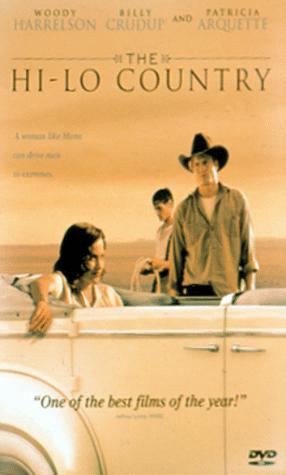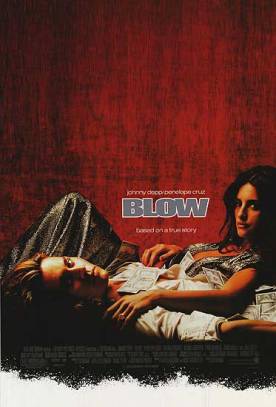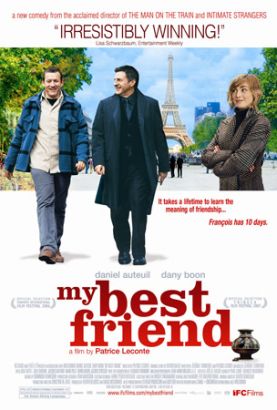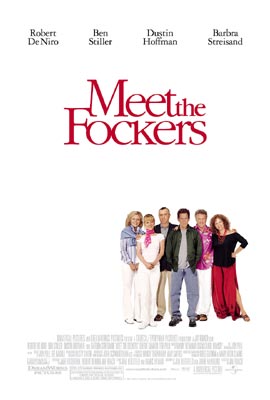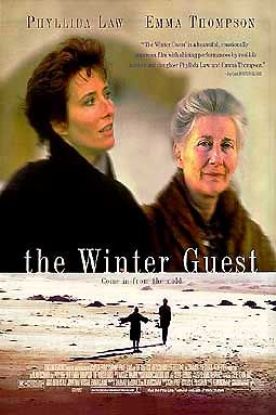Hi-Lo Country, The
The Hi Lo Country, based on a novel by Max Evans published in 1961,
has a weird period flavor to it even though, as directed by Stephen Frears, it
is also very much of the nineties. You can see in it elements of Hemingway’s
austere sensualism and bedrock conviction that literary art mainly consists of
recording one’s experience of pleasure and pain. There is also a celebration of
masculine comradeship as confirmed by love of the same woman (Jules and
Jim came out the year after Mr. Evans’s novel), and this is combined with
the nostalgia for the old West which was the dominant note in many of the
Hollywood westerns of the period. In fact, you could say that from Shane
(1953) to The Last Picture Show (1971) there was hardly a Western-themed
movie made without it. No wonder Sam Peckinpah was the first to try to adapt the
novel for the screen.
After more than a quarter century in which what westerns there are have been
mainly political attacks on the dominant culture’s treatment of the Indians, or
the workers, or the environment, it is a little strange once again to be asked
to feel that old regret for the disappearing cowboy and the time when, as the
opening voiceover tells us, “things were a lot simpler than they are now.” Set
in New Mexico in the immediate post-war period, Hi-Lo Country ends with
an elegiac tribute to “the old ways”—among them, of course, the sight of men on
horseback herding cattle to market instead of trucking them there. “The pure,
simple joy of a cattle drive—nothing ever sets a man so high. . .This is what I
was born to do,” as the young hero’s voiceover puts it.
But the old ways specifically referred to here are drinking and fighting and
“hell-raisin’,” which includes screwing around with another man’s wife. And it
is not quite clear that this is not what we are mainly meant to feel nostalgic
about. The story concerns the friendship between Pete Calder (Billy Crudup) and
Big Boy Matson (Woody Harrelson) and the amour fou of both men for Mona
Birk (Patricia Arquette), wife of the foreman of cattle baron Jim Ed Love (Sam
Elliott). Jim Ed and his smug entourage represent progress and profit and
trucking your cattle to market. Both for Mona and for Big Boy’s younger brother,
Little Boy (Cole Hauser), who works for Jim Ed, the small-time, wildcat cowboys
Pete and Big Boy represent a kind of authenticity that they have sold out for
safety and security.
If you don’t instinctively respond to this proposition, you won’t get a lot
out of this movie. I’m afraid I don’t respond to it, though I admire the skill
with which Frears and his screenwriter, the old Peckinpah associate Waylon
Green, have brought the story to the screen. Just the fact that Jim Ed trucks
his cattle to market instead of driving them, and that he made money during the
war, do not in themselves seem enough to me to account for Big Boy’s hatred of
him, and I am now too old, I suppose, to be impressed with the existential
purity of his approach to life, represented by his spurning a piece of good
advice from Jim Ed on the grounds that “I don’t care about the goddamn
future.”
And indeed he doesn’t. All he seems to care about is drinking and whoring and
(so we’re told, though we don’t see much of it) horses. By the way, I know booze
was cheaper in those days, but could a cowboy trying to eke a living out of a
few acres in New Mexico really have afforded to spend so much time and money on
whisky in the 1940s? There are, it’s true, reasons for feeling sympathy for Big
Boy. There’s his love for Mona, for instance. “I can feel every inch of you,
whether we’re close together or far away. . .You’re in my blood,” he tells
her.” There’s also the altruism of his approach to ranching: “Who cares about
profit when it’s this much fun being a cowboy?” Say a bad word about profit and
everyone in Hollywood, the most profit-obsessed place in America outside Wall
Street, will love you.
For me there is above all the picture’s well-wrought representation of what
male friendship is, or used to be. When warned that Les (John Diehl)—Mona’s
husband—is going to kill Big Boy, Pete says, matter of factly, “Then I will
have to kill Les.” At this point, as with the movie’s skillful use of country
and western music of the period, I confess that the nostalgia trap catches me.
But it doesn’t quite work for the picture as a whole. In a rare moment of
insight into himself, Big Boy says, “It makes no sense what I’m doing, but I got
to keep doing it.” For us, however, at this distance in time from the period in
which the story is set, it’s hard to see why.
Discover more from James Bowman
Subscribe to get the latest posts to your email.

